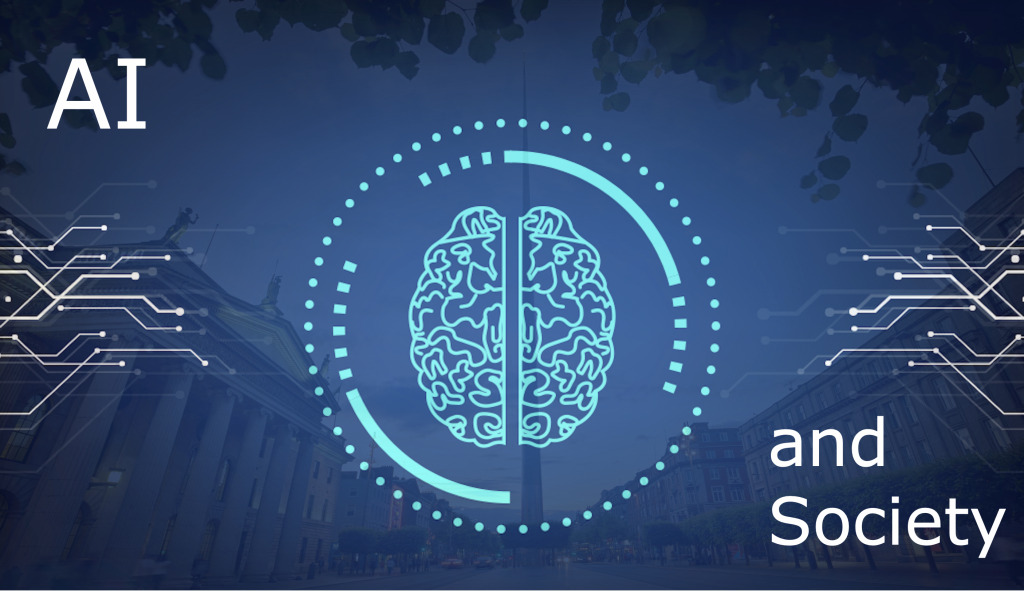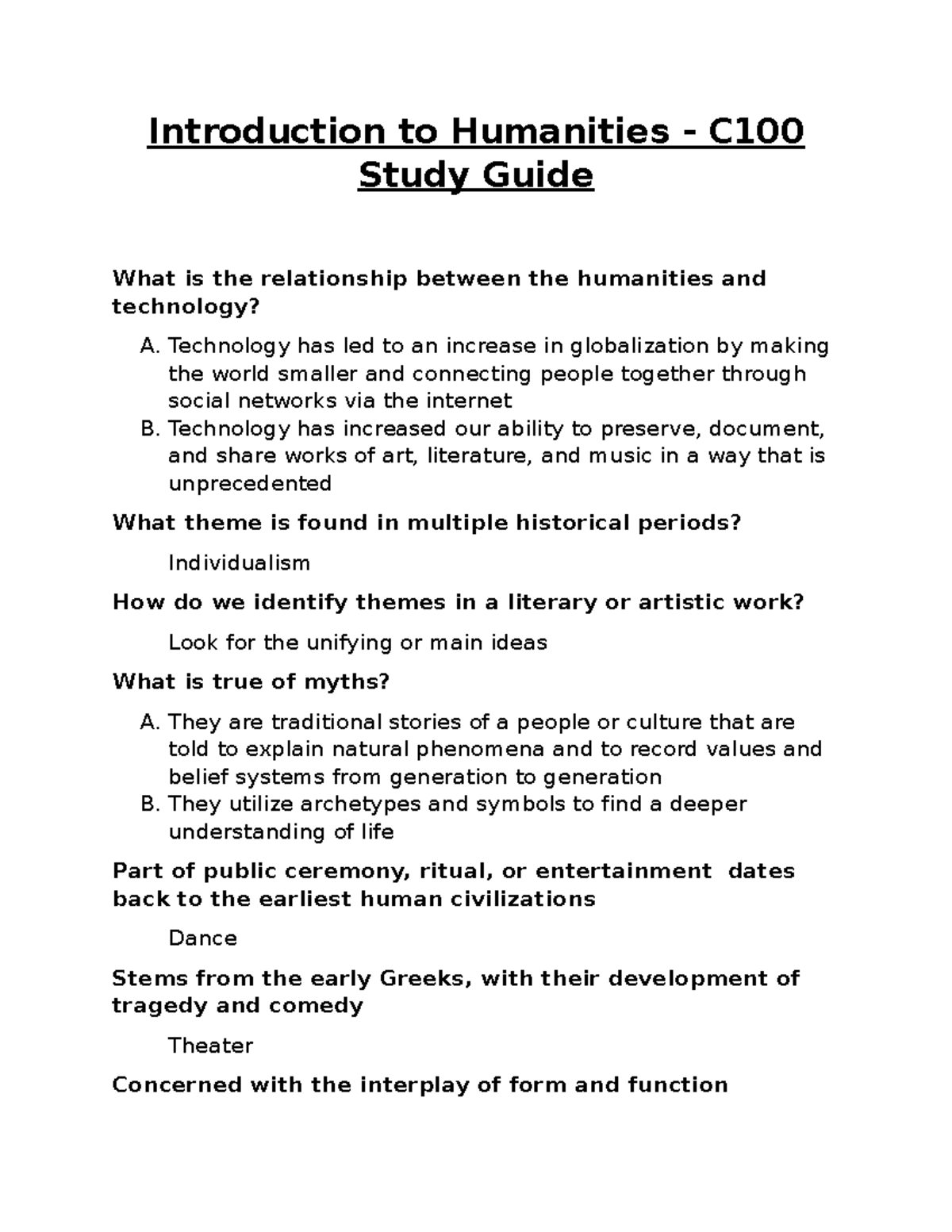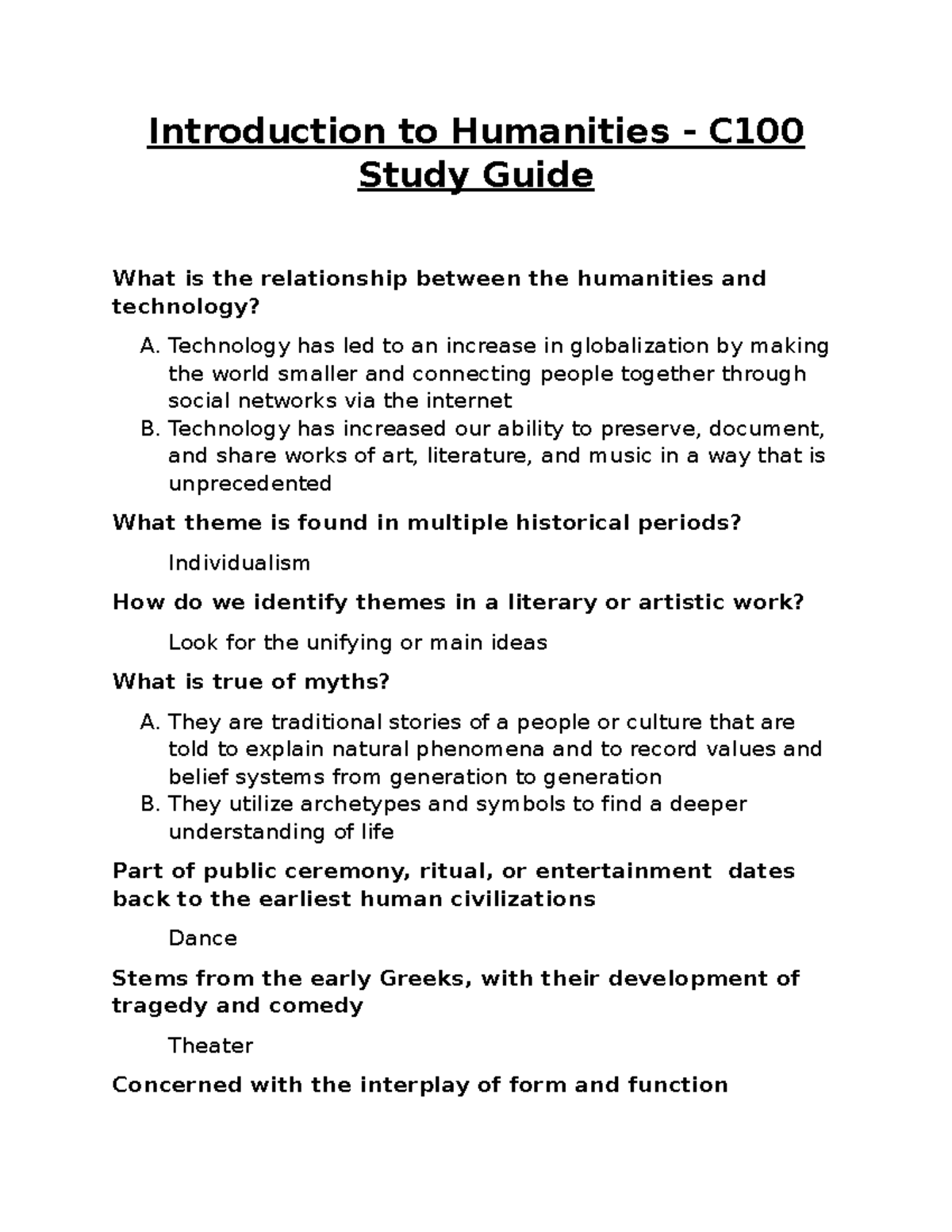The future of AI and social justice is a crucial area of discourse, as we navigate the rapidly evolving technological landscape while striving for equity and fairness.Ruha Benjamin, a prominent scholar in African American Studies, highlights the pressing need for AI ethics grounded in human values, emphasizing that the narratives crafted by technology leaders often prioritize self-interest over collective good.
Introductory humanities courses play a pivotal role in reshaping the academic landscape by engaging first-year students and highlighting the importance of arts and humanities.As enrollment in these vital disciplines faces a nationwide decline, institutions like Harvard are proactively launching new humanities curriculum to attract and retain students.
Introductory humanities courses are more than just academic requirements; they serve as essential gateways to understanding the complexities of human experience.As part of Harvard’s dynamic new humanities curriculum, these courses aim to hook first-year students on the arts and humanities by engaging them with compelling narratives and critical thinking.
Canine research is rapidly evolving, driven by a deep-seated curiosity about the intricate connections between dogs and humans.Institutions like Harvard are at the forefront, exploring dimensions of dog behavior science that reveal the emotional complexity of these beloved companions.
Canine research is a fascinating field that explores the depths of the human-canine bond and the unique capabilities of dogs.With studies examining dog behavior, empathy, and cognition, scientists at institutions like the Harvard Canine Brains Lab are uncovering how our furry companions think and feel.
AI in photojournalism is rapidly transforming the landscape of visual storytelling, presenting both challenges and opportunities for the future.The rise of artificial intelligence technology threatens the credibility of journalism by creating synthetic images that can undermine trust in what is real.
The Elegy Project stands at the intersection of community and creativity, inviting individuals to explore the profound themes of loss and remembrance through poetry workshops.Conceived by Karen Elizabeth Bishop and David Sherman, this innovative poetry initiative harnesses the power of elegy—the poetic form dedicated to honoring the deceased and articulating grief.
Asian American women’s history is a rich yet often overlooked aspect of the broader narrative of American history.Recent exhibitions, such as the one at the Schlesinger Library, highlight the pivotal roles these women played, showcasing artifacts that connect past and present.
AI in photojournalism is transforming the way we capture and preserve powerful visual narratives.As this technology continues to evolve, it brings with it both opportunities and challenges for photographers dedicated to documenting the truth.
Asian American women’s history is a rich yet often overlooked narrative that reveals the complex experiences of Asian American women throughout time.From the painful erasure of stories to the vital roles these women played in shaping their communities, a new exhibit at the Schlesinger Library casts a much-needed light on their contributions.









